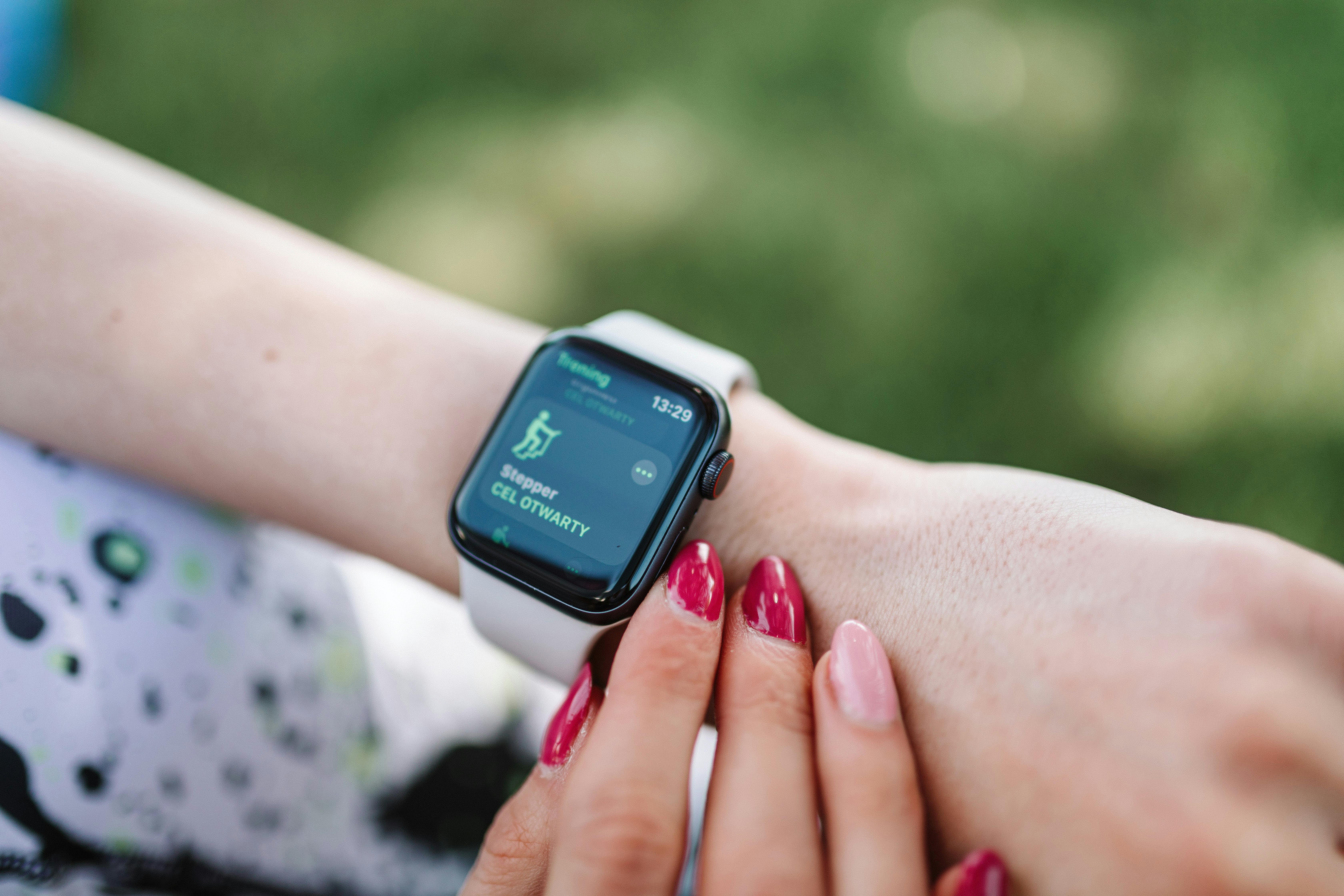7 Data Points on Your Smartwatch That Are More Important for Weight Loss
In the ever-evolving landscape of fitness technology, smartwatches have emerged as pivotal tools in the quest for weight loss. These devices are no longer just about telling time; they are powerful allies in health management, offering insights that can transform your approach to losing weight. With a plethora of data points at your fingertips, smartwatches provide a comprehensive look at your daily habits and physiological responses, allowing for more informed decisions and personalized strategies. This article delves into the crucial data points on your smartwatch that can significantly impact your weight loss journey, each shedding light on different aspects of health and fitness.
1. Heart Rate Monitoring: The Pulse of Progress

Heart rate monitoring is a cornerstone feature of most smartwatches and plays a critical role in weight loss. By tracking your heart rate, you can gauge the intensity of your workouts and ensure that you're exercising within your target heart rate zone. This zone is where your body burns the most calories and fat, making it essential for effective weight loss. Additionally, monitoring your resting heart rate can provide insights into your cardiovascular fitness and overall health. A lower resting heart rate often indicates improved fitness and can be a motivating sign of progress in your weight loss journey.
2. Caloric Burn: Understanding Energy Expenditure

Smartwatches equipped with calorie tracking capabilities offer valuable data on your energy expenditure throughout the day. By understanding how many calories you burn during various activities and at rest, you can better manage your caloric intake and create a deficit necessary for weight loss. This data helps you identify which activities are most effective for burning calories and allows you to adjust your exercise routine accordingly. Moreover, seeing the direct impact of your efforts in terms of calories burned can be incredibly motivating and help maintain your commitment to your weight loss goals.
3. Step Count: The Power of Movement

While it may seem basic, the step count feature on smartwatches is a fundamental aspect of weight loss. Tracking your daily steps encourages you to stay active, promoting a more active lifestyle that contributes to burning calories. Many health experts recommend aiming for at least 10,000 steps per day as a benchmark for maintaining general health and aiding weight loss. By setting step goals and monitoring your progress, you can ensure that you’re incorporating enough physical activity into your daily routine, which is crucial for both weight management and overall well-being.
4. Sleep Tracking: Restoring Balance

Quality sleep is often overlooked in weight loss strategies, yet it plays a pivotal role in regulating hormones that control hunger and metabolism. Smartwatches with sleep tracking capabilities provide insights into your sleep patterns, including duration and quality. By analyzing this data, you can identify issues such as insufficient sleep or irregular sleep cycles that may be hindering your weight loss efforts. Improving your sleep hygiene based on these insights can lead to better hormonal balance, reduced cravings, and a more effective metabolism, all of which are essential for successful weight loss.
5. Stress Levels: The Cortisol Connection

Stress can be a significant barrier to weight loss, often leading to emotional eating and disrupted sleep. Smartwatches that measure stress levels, often through heart rate variability, offer a window into your body’s stress responses. By recognizing periods of high stress, you can take proactive steps to manage it through relaxation techniques, such as meditation or deep breathing exercises. Lowering stress levels not only helps prevent stress-related weight gain but also enhances overall mental health, creating a more supportive environment for achieving your weight loss goals.
6. Activity Minutes: Beyond the Steps

While step count is important, the minutes of activity you engage in each day provide a more nuanced view of your physical activity. Smartwatches track active minutes, which include any time spent in moderate to vigorous physical activity. This data helps ensure that you’re not only moving but also engaging in activities that elevate your heart rate and contribute to cardiovascular fitness. By focusing on increasing your active minutes, you can improve your overall fitness level and enhance the efficiency of your weight loss efforts, making each movement count toward your goals.
7. Hydration Levels: Fueling the Body

Proper hydration is crucial for effective weight loss, as it aids in digestion, nutrient absorption, and metabolism. Some advanced smartwatches can help track your water intake, reminding you to stay hydrated throughout the day. By ensuring adequate hydration, you support your body’s natural processes and prevent the common mistake of confusing thirst with hunger, which can lead to unnecessary calorie consumption. Staying hydrated also helps maintain energy levels and supports muscle function, both of which are critical for sustaining an active lifestyle conducive to weight loss.
Integrating Data for Holistic Health

The integration of these data points offers a comprehensive approach to weight loss, leveraging the full potential of your smartwatch. By paying attention to heart rate, caloric burn, step count, sleep patterns, stress levels, activity minutes, and hydration, you can create a holistic strategy that addresses all facets of health and fitness. This data-driven approach not only helps you lose weight more effectively but also promotes lasting lifestyle changes that enhance overall well-being. Embrace the power of technology to transform your weight loss journey into a sustainable and successful endeavor.